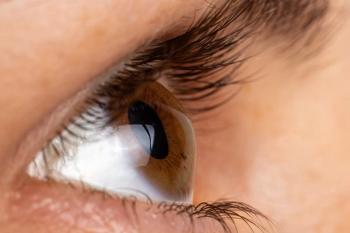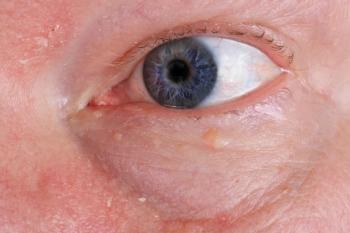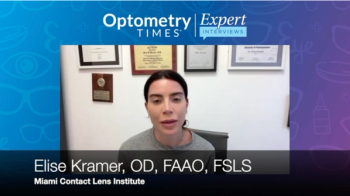
FDA approves latanoprost ophthalmic solution from Thea for reduction of IOP
As the first and only preservative-free formulation of latanoprost, IYUZEH 0.005% is approved to reduce IOP in patients with open-angle glaucoma or ocular hypertension.
Today, latanoprost ophthalmic solution (IYUZEH 0.005%; Thea Pharma) received FDA approval for the reduction of elevated intraocular pressure (IOP) for patients with open-angle glaucoma (OAG) or ocular hypertension (OHT). The formulation is the first preservative-free formulation of latanoprost; traditionally, topical ocular preparations include preservatives such as benzalkonium chloride.
“Our novel patent protected formulation has been made possible by Théa’s innovative scientists,” Susan Benton, Thea’s U.S. President, said in a press release. “They were able to solve the challenges of solubilizing and stabilizing latanoprost such that IYUZEH does not need to be manufactured, distributed, or stored at refrigerated temperatures unlike some other competitive brand and generic latanoprost and PGA products.”
As the first and only clinically proved, preservative-free formulation of latanoprost, IYUZEH has consistently lowered IOP across multiple US and European trials. The randomized, controlled clinical trials treated patients with OAG or OHT with mean baseline IOP of 19-24 mmHG, and IOP lowered by 3-8 mmHG when treated with IYUZEH versus 4-8 mmHg by latanoprost ophthalmic solution (XALATAN; Viatris) 0.005%, which contains benzalkonium chloride.
The most frequently reported ocular adverse reactions with IYUZEH were conjunctival hyperemia (34%) and eye irritation (19%), which is compared to conjunctival hyperemia (37%) and eye irritation (31%) reported when treated with XALATAN.
“Théa is responding to an important unmet need across all stakeholders in the treatment of OAG and OHT. Many patients on preserved glaucoma medications experience moderate to severe signs and symptoms of ocular surface disease (OSD) that can cause discomfort for patients, frustration for physicians, and drive additional costs for payers,” Benton continued. “We look forward to introducing IYUZEH™ to U.S. eyecare practitioners in the second half of 2023.”
Newsletter
Want more insights like this? Subscribe to Optometry Times and get clinical pearls and practice tips delivered straight to your inbox.













































